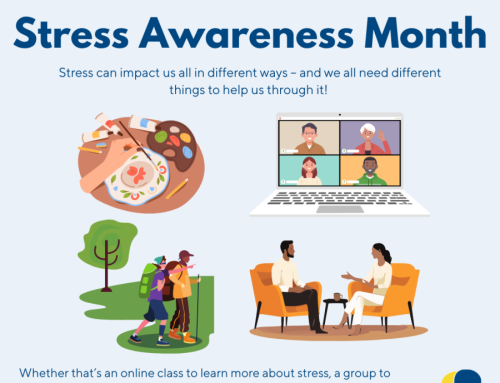March is Endometriosis Action Month, a month dedicated to raising awareness and acting for those with the disease. This year, the theme is ‘Could it be Endometriosis?’. Below, a member of our LMWS Team has put together some information on the impacts of endometriosis with links to information and support.
Endometriosis affects 1 in 10 women and people assigned female at birth in the UK, but many people still don’t know about the condition and its impact.
For Endometriosis Action Month 2024, the focus is on raising awareness of the common symptoms of endometriosis and improving the public’s understanding of it. This means that people with endometriosis symptoms, and those supporting them, are better placed to know how to ask, ‘could it be endometriosis?’, resulting in quicker diagnosis and care.
What is endometriosis?
Endometriosis is the name given to the condition where cells, that are similar to the ones in the lining of the womb, are found elsewhere in the body. These cells react to the menstrual cycle each month and also bleed – but there is no way for this blood to leave the body. This can cause inflammation, pain, and the formation of scar tissue.
It’s important to remember that:
- Endometriosis is not an infection
- Endometriosis is not contagious
- Endometriosis is not cancer
Endometrioses facts and figures (taken from Endometriosis UK)
- 1 in 10 women and people assigned female of birth of reproductive age in the UK suffer from endometriosis.
- 10% of women worldwide have endometriosis – that’s 176 million worldwide.
- The prevalence of endometriosis in women with infertility can be as high as to 30–50%.
- Endometriosis is the second most common gynaecological condition in the UK.
- Endometriosis affects 1.5 million women and people assigned female at birth, a similar number of those affected by diabetes.
- On average it takes 8 years from onset of symptoms to get a diagnosis.
- Endometriosis costs the UK economy £8.2bn a year in treatment, loss of work, and healthcare costs.
- The cause of endometriosis is unknown and there is no definite cure.
What are the symptoms?
Symptoms can vary in intensity in those with endometriosis. The amount of endometriosis does not always correspond to the amount of pain and discomfort a person experiences. Not everyone with endometriosis experiences symptoms.
The classic endometriosis symptoms include:
- Pelvic pain
- Painful periods that interfere with everyday life
- Pain during or after sex
- Painful bowel movements/when having a poo
- Pain when urinating/peeing
- Difficulty getting pregnant
- Fatigue
Endometriosis can have a big impact on a person’s life, including:
- Chronic pain
- Fatigue and lack of energy
- Depression/isolation
- Problems with sex life/relationships
- Difficulties conceiving
- Difficulty in fulfilling work and social commitments





